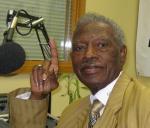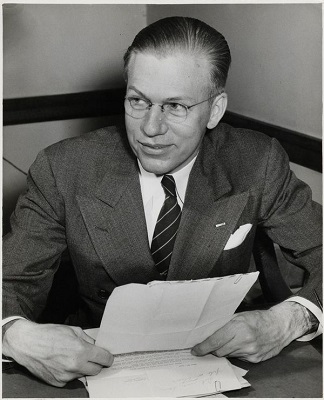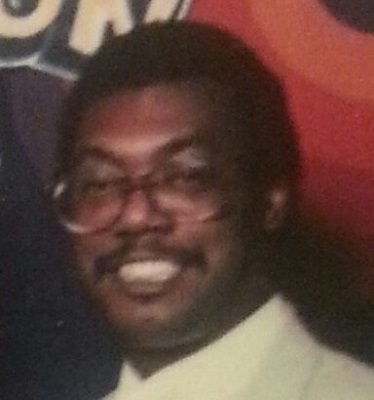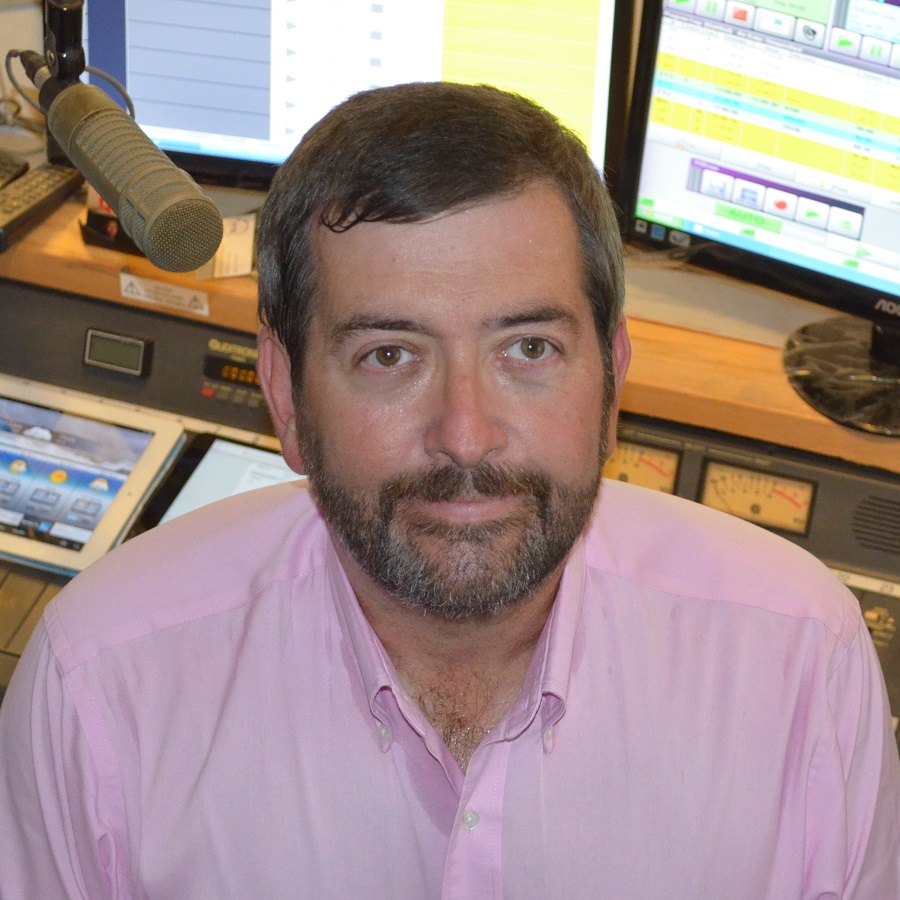Radio HOF
Gregory, Columbus

Columbus Gregory – 2011
What began as a part-time job in 1959 turned into a lifetime career for Columbus Gregory. He began working as a remote engineer at KATZ while attending Hubbard Business School. His duties soon expanded to include work in the station’s promotions and marketing departments. Four years later he was hired as an announcer at KXLW, where he stayed for 19 years. Shortly after he moved to WGNU-FM, the station was sold to a national chain, and Gregory moved to KIRL in 1979. That station was sold in 2005, and Gregory was soon working for KXEN/WGNU as an announcer and senior account executive. He appeared as the announcer in the movie “Say Amen Somebody” and was named one of America’s Top 25 Disc Jockeys by Dollars and Sense magazine in 1986.




